
WELCOME!
Dr. Sherry Zaks is an Assistant Professor of Political Science at the University of Southern California. Their substantive work examines how militant groups organize and what those structures can tell us about wartime and postwar politics. Their methodological work develops process tracing methods and interrogates the nexus of conceptualization and measurement.
Stick around if you like cool charts and cake!

Sherry Zaks, Ph.D.
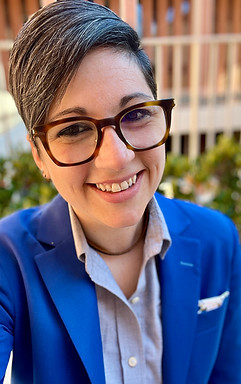
Hi! Welcome to my site.
I'm Sherry Zaks. I'm an Assistant Professor at the University of Southern California. Prior to moving to the land of great tacos and awkward photoshoots, I received my Ph.D. from the University of California, Berkeley, and completed post-docs at Dartmouth & Stanford. My work has appeared in Political Analysis (3x), the Journal of Peace Research, the European Journal of International Relations, Comparative Politics, and the Journal of Political Science Education.
My book, Resilience Beyond Rebellion, examines the conditions enabling rebel groups to transform into political parties in the aftermath of civil wars. I draw on organizational sociology to develop a comprehensive model of militant groups and trace how wartime structures either facilitate or inhibit rebel-to-party transformations. Resilience Beyond Rebellion was published by Cornell University Press in August 2025.
When I'm not writing, you can usually find me honing my skills as an amateur chef, painting, or doing mixed martial arts with my partner, Evan—the author of one great novel, many great short stories, and innumerable less-than-great dad jokes.
Research
Substantive Research
A single question undergirds my substantive research: What can we learn when we take organizations seriously? I seek to understand the structures, dynamics, and challenges of political organizations. Organizations are the tools of collective action and, as such, they lie at the core of political order. Though we understand a great deal about the benefits of and obstacles to collective action, we know comparably little about how collective actors structure themselves, distribute labor, transform, and disband. My ongoing work aims to build new theoretical and methodological frameworks to better elucidate how these organizations work---and why, sometimes, they don't.
Rebel-to-Party Transformation
My first major project develops a comprehensive organizational approach to model how militant organizations transform into political parties when civil wars end. Upending the assumption that rebel-successor parties are first built when the war ends, this project demonstrates how the organizations rebels build during the conflict either from the core of their post-war parties or leave them scrambling.
#NotAllMarxists: Rebel Organizational Ideology
Stemming from questions and insights from my first project, this project seeks to establish the concept of "organizational ideology." I argue that using "doctrinal shorthand" to describe militant groups' ideological stances ignores profound and systematic variation in the ideologies rebels espouse. This project examines how rebel leaders strategically adapt the tenets of ideological doctrine to their unique organizational needs in the context of war.
Organizing World Politics
My second major project extends the organizational theory laid out in my first book to establish a descriptive and analytic framework for studying political organizations beyond the battlefield. Organizations are central to our discipline. Everything from parent-teacher associations to political parties to states themselves are organizations because they comprise ``formalized roles and procedures for enforcing their rules." Any time collective action is routinized, organizational approaches can help us get traction on its dynamics, risks, and prospects.
Methodology: Process Tracing, Conceptualization, Measurement
My first branch of methodological work focused on developing tools for conducting and evaluating process tracing research. I develop a framework for evaluating alternative explanations when our "competing hypotheses" are not actually mutually exclusive. This line of work evolved into an evaluation and critique of Bayesian Process Tracing, which demands mutual exclusivity among explanations for the approach to work.
My next line of methodological research examines the intersection of conceptualization, measurement, and data-set composition. Drawing on the motivation for my piece on re-conceptualizing rebel-to-party transition, I argue that the scope of many political phenomena are not as self-evident as our datasets imply. In other words, scholars are studying their core interests without engaging the theoretical and subsequent methodological implications of incomplete conceptualization.
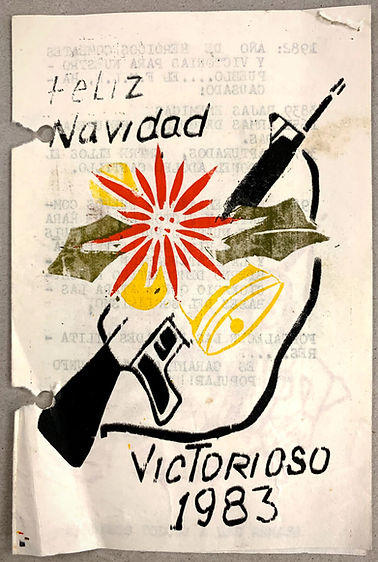
Christmas cards sent out by the FMLN to their supporters
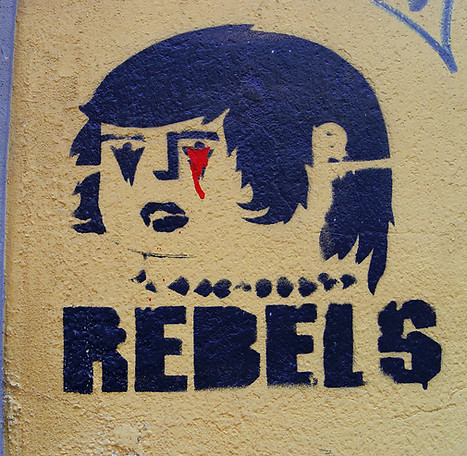
Street art in Florence, Italy graciously reminding me what I should be doing instead of photographing street art in Florence, Italy.
Book!
Resilience Beyond Rebellion:
How Today's Rebels become Tomorrow's Parties
Resilience Beyond Rebellion (Cornell University Press, 2025) illuminates how the rebel-to-party process unfolds on the ground. Rather than relegating organizational change to a black box of internal negotiations, I propose two distinct mechanisms of transformation: reconstruction (building a party from scratch) or repurposing (building a party from scraps). The former reflects the conventional wisdom in the literature, but comes with unforeseen challenges that often make successful transformation untenable. The latter follows from the organizational insights in the first half of the book. I show that proto-party structures built during war allow rebel groups to redirect resources through established channels to prioritized existing structures staffed with experienced personnel. Thus, proto-party structures not only imbue the organization with relevant skills, but they anchor the transformation process—adding institutional and structural stability at a volatile time.
I test my theory using intra-organizational process tracing of the FMLN in El Salvador. Drawing on hundreds of FMLN documents including personal diaries, internal memoranda, and propaganda, I trace the formation, evolution, and transformation of the five constituent groups that together formed the FMLN.
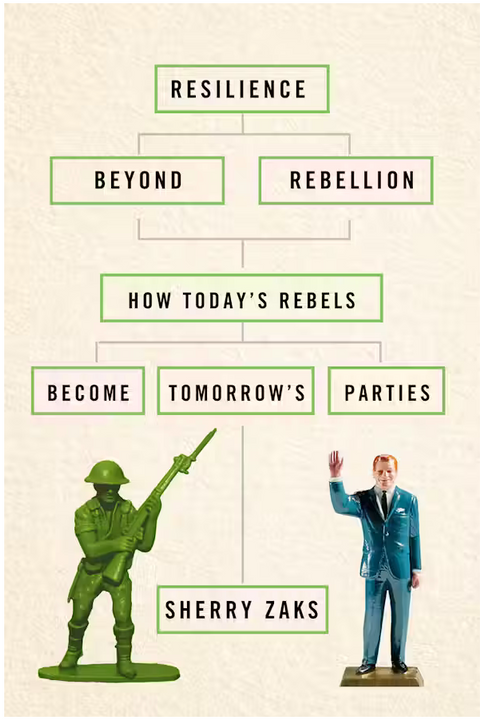
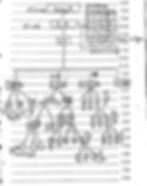
Articles
2025
European Journal of International Relations
"Repurposing Rebellion: Building Rebel Successor Parties on the Heels of War"
2024
Journal of Peace Research
"Do we know it when we se it? (Re)Conceptualizing Rebel-to-Party Transition"
2023
Journal of Political Science Education
"Political Science After the Insurrection: Teaching About Democratic Backsliding in U.S. Classrooms"
(with M.P. Broache and Carolyn Holmes)
2022
Political Analysis
2021
Political Analysis
2018
Journal of Comparative Politics
"Return to the Scene of the Crime: Revisiting Process Tracing, Bayesianism, and Murder"
"Updating Bayesians: A Critical Evaluation of Qualitative Bayesian Inference"
"Militant and Rebel Organization(s)"
(with Sarah E. Parkinson)
2017
Political Analysis
"Relationships Among Rivals: A Framework for Analyzing Contending Hypotheses in Process-Tracing Research"